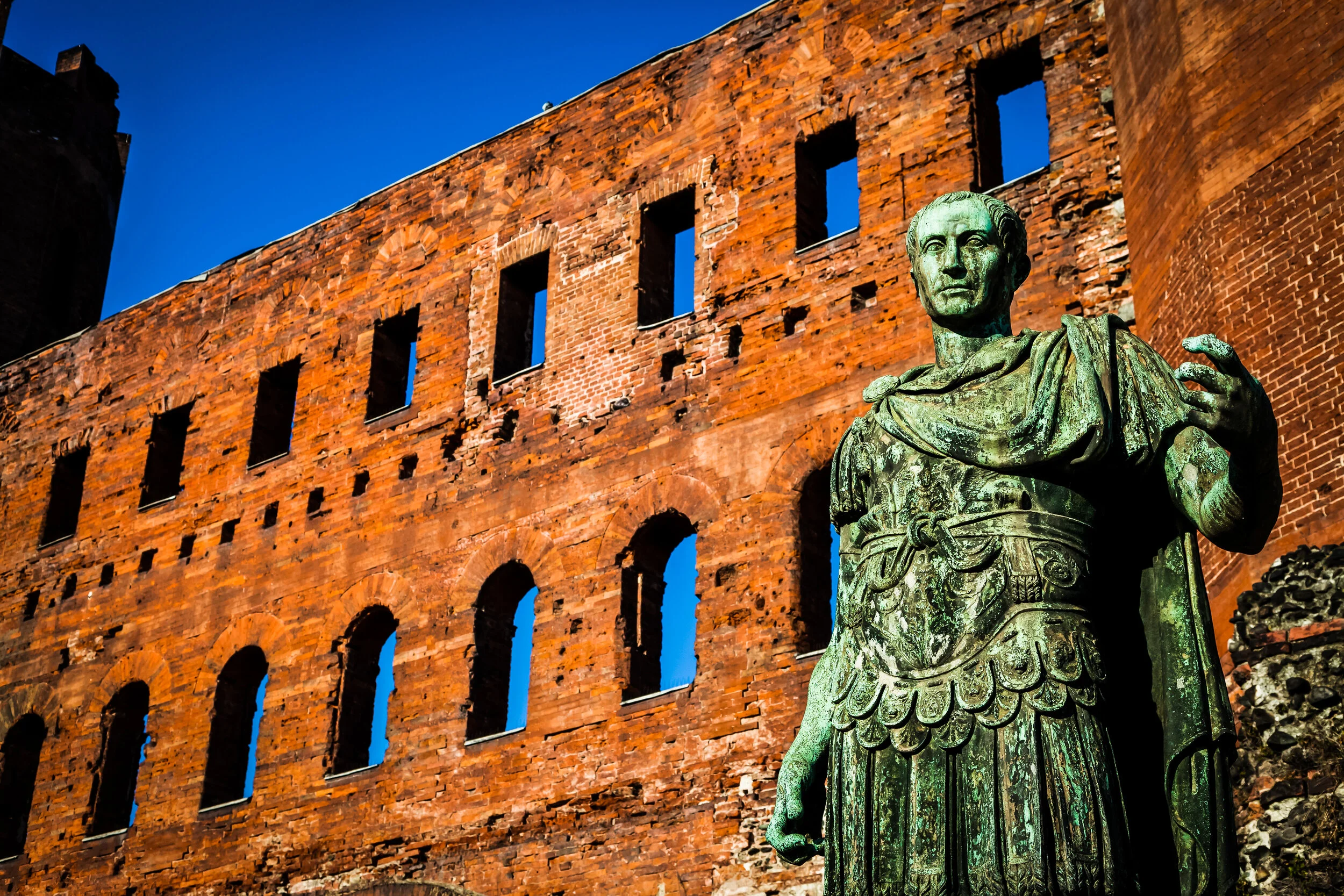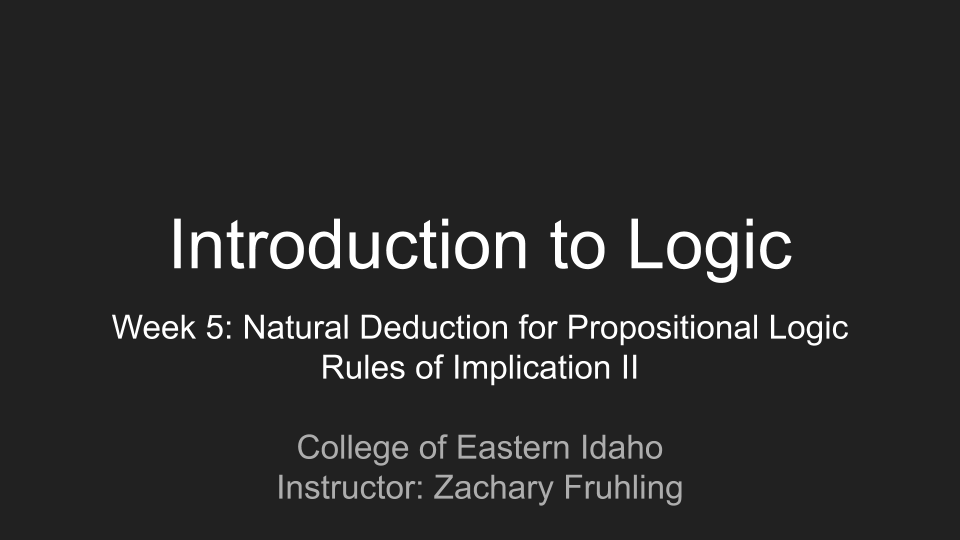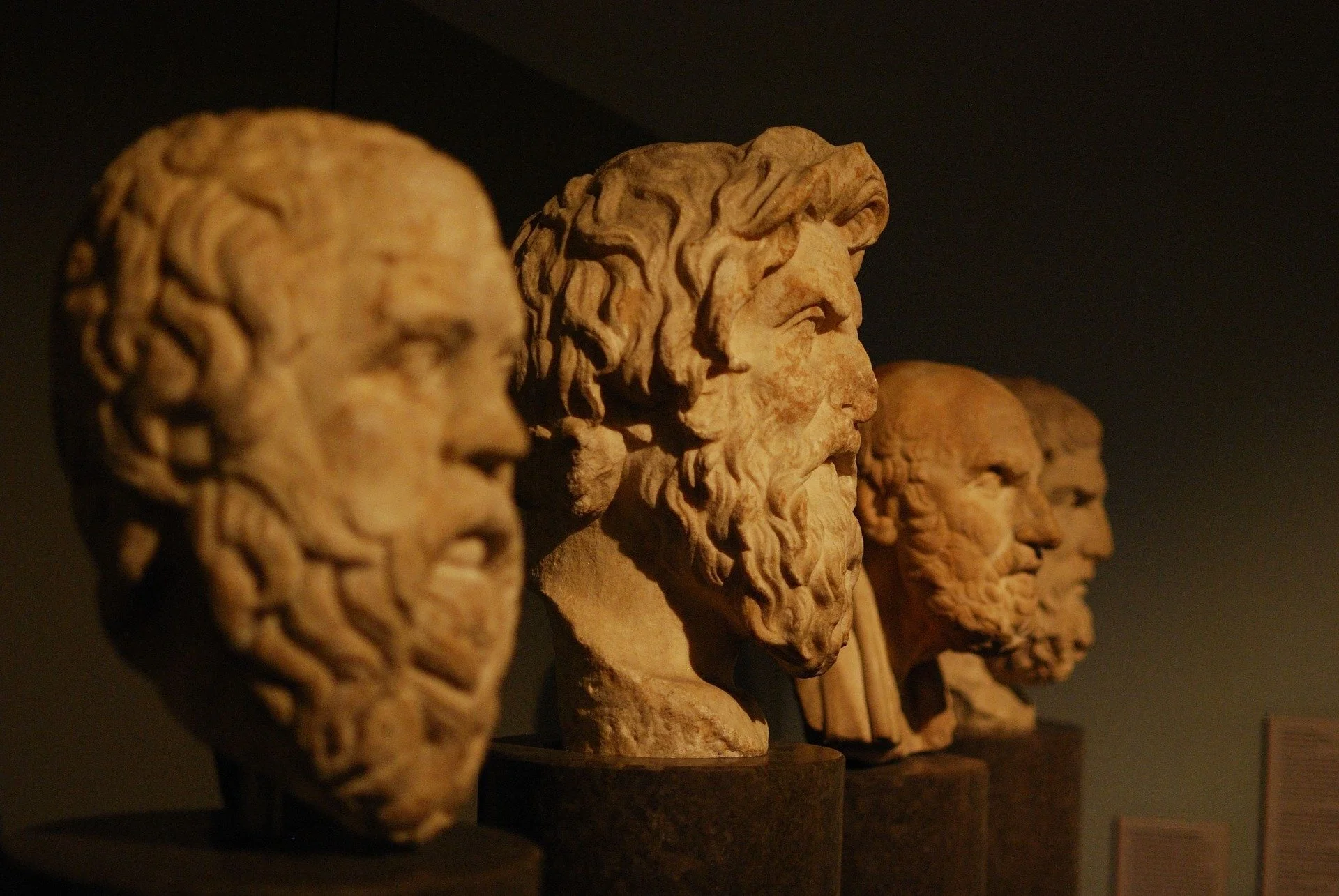Are Philosophers Extinct? (Or Should They Be?)—Nietzsche and Thoreau on the Sorry State of Philosophy
Both Friedrich Nietzsche and Henry David Thoreau seemed to think that philosophy, as a whole, is in a state of decline. Nietzsche even famously claimed to be the “last philosopher”:
“I call myself the last philosopher because am the last man. Nobody talks to me but myself, and my voice comes to me like that of a dying person…. Though I try to conceal my loneliness from myself—the terrible loneliness of the last philosopher!—and make my way into the multitude and into love by lies, for my heart cannot bear the terror of the loneliest loneliness and compels me to talk as if I were two.” (Nietzsche, Fragments, Summer 1872 – Early 1873)
To make sense of this quote, it’s important to keep in mind that Nietzsche uses the term “philosopher” in two different senses: in the sense of the traditional philosopher, whom he thinks is a slave to objectivity and herd mentality, and the “future philosopher” whom he thinks will ultimately be able to transcend this weaker, herd-like nature in favor of individual strength and authenticity.
So in which sense is Nietzsche the last philosopher? On the one hand, Nietzsche seems to view himself—perhaps uniquely in the history of philosophy—as the one philosopher, in the traditional sense, who was finally able to see philosophy for what it is, as a castration of the human spirit, and to look both within himself to see human potential for what it is and could be, and toward the future beyond the philosopher-stage of human, intellectual, and cultural infancy.
Yet, Nietzsche himself was constantly being dragged back into the herd, into averageness, despite his own uniquely inner strength, a fact he laments because of the terrible loneliness it produced him, finding no equal among other philosophers of his day, or in the entire history of philosophy, for that matter. As Nietzsche said in the above quote, he gave into the temptation of his own weakness, seemingly turning his back on his own inner strength by lying to himself and becoming something inauthentic, all for the sake of being a philosopher (or philologist) and being counted in their sorry number.
So if Nietzsche viewed himself as the last philosopher, it’s not because he thought being a philosopher in the traditional sense was the thing to be, but because he glimpsed another way of doing philosophy—another way of being as a philosopher, and as a human—but wasn’t fully able to transcend the cultural vestiges of philosophy as it was and had been. Most importantly, even if Nietzsche himself was the last philosopher, out of his own weakness, he ultimately thinks that philosophy itself is something not to preserve but to transcend. Nietzsche feels the death pangs of being the last, dying member of his species—the race of sad and pitiable philosophers, too pacified to notice their own decline, like caged-in, well-fed, pacified zoo pandas with no strength left to fight, unable to save even their own species, as Edward Norton’s character famously said in the movie Fight Club:
“I felt like putting a bullet between the eyes of every panda that wouldn't screw to save its species.” (Fight Club)
So that’s Nietzsche at the end of his life in a nutshell: the last panda, with no more will to fight.
Thoreau makes a similar claim about the sorry state of philosophy in his best-known book, Walden; Or, Life in the Woods:
There are nowadays professors of philosophy, but not philosophers. Yet it is admirable to profess because it was once admirable to live. To be a philosopher is not merely to have subtle thoughts, nor even to found a school, but so to love wisdom as to live according to its dictates, a life of simplicity, independence, magnanimity, and trust. It is to solve some of the problems of life, not only theoretically, but practically. The success of great scholars and thinkers is commonly a courtier-like success, not kingly, not manly. They make shift to live merely by conformity, practically as their fathers did, and are in no sense the progenitors of a nobler race of men. But why do men degenerate ever? What makes families run out? What is the nature of the luxury which enervates and destroys nations? Are we sure that there is none of it in our own lives? The philosopher is in advance of his age even in the outward form of his life. He is not fed, sheltered, clothed, warmed, like his contemporaries. How can a man be a philosopher and not maintain his vital heat by better methods than other men? (Thoreau, Walden; Or, Life in the Woods, Economy)
In an interesting confluence of thought, Thoreau and Nietzsche are making a similar point about the nature of philosophy, and philosophers, but with different terminology. While Nietzsche’s distinction is between philosophers of the past or present and philosophers the future, Thoreau makes a distinction between real philosophers and those who merely profess philosophy, those who fake a love of wisdom in the same way that courtiers feigned inner nobility though outer show, in order to be admitted into court.
While Thoreau’s notion of “real philosophy” is clearly more pragmatic, more American, so to speak, than Nietzsche’s “philosopher of the future” (Thoreau thought that students would benefit from building their own schoolhouses, for example), both philosophers think that philosophy in the then-present age was defective in some way, a pale shadow other of what it had been or what it could be in the future. And, judging from what I see in today’s college’s and universities from my own subversive place within contemporary academia, philosophy and philosophers are no better off today.
The culture of philosophy today is defective; it breeds similitude and hegemony instead of individuality and difference, deconstruction and mere criticism instead of speculative creativity and constructiveness, and weakness of spirit as we scrap and scrape amongst ourselves, as we fight for our daily bread and butter and beg for our meager place at the academic smorgasbord from our academic bread-and-circus givers—college administrators and boards of education—with no more genuine strength or conviction than well-fed zoo animals with the mere illusion of freedom. We are, at best, like invisibly fenced-in bison in Yellowstone with the seductive simulacrum of long-faded real wilderness all around them, the faintest memory of the genuine article still lurking in their once-wild hearts.
There is something paradoxical about being a philosopher who loves philosophy but hates philosophers—or at least what so-called philosophers have become in the present age, the watered-down versions of what philosophers maybe never were but ought to have been all along. Yet it strikes me that any philosopher worth his or her salt has some ideal or other about what it means to be a philosopher—an ideal that other people, and even oneself, generally fail to live up to, either because of one’s own weakness, as Nietzsche thought about himself, or because one’s own view of the purpose, aims, and goals of philosophy is itself a bit uninspired.
Of course, those philosophers who are quite content with the status quo of philosophy, or with philosophy as it’s been known and conceived as hitherto, from Thales or Socrates onward and up to the present day, won’t see any problem to be solved here. To them, philosophy as it is and has been is already the ideal, even given the defective cultural aspects of academic philosophy as part of mainstream college/university culture. But for those of us who find the ideals of philosophy themselves limiting and hegemonic, struggling to find the balance between individuality and freedom of interpretation—and, most importantly, creativity—in the human sphere, and also maintaining some semblance of objectivity in our theories of knowledge and the nature of reality, philosophy for too long has erred on the side of conformity with the crowd instead of on the strength of the individual.
Nietzsche and Thoreau may have disagreed about what it means for a person to be a strong individual. Both, however, believed that philosophy is in danger of breeding weak individuals instead of strong individuals, intellectual cowards instead of courageous intellectuals, cultural conformists instead of cultural rebels—real philosophers were then, and still are, a dying breed. Even worse, philosophers (and their students!) are in danger of wasting away their whole lives, never knowing or living up to their full potential as thinkers and philosophers—in the truest sense that most philosophers themselves will never even imagine or comprehend, much less ever live it.







